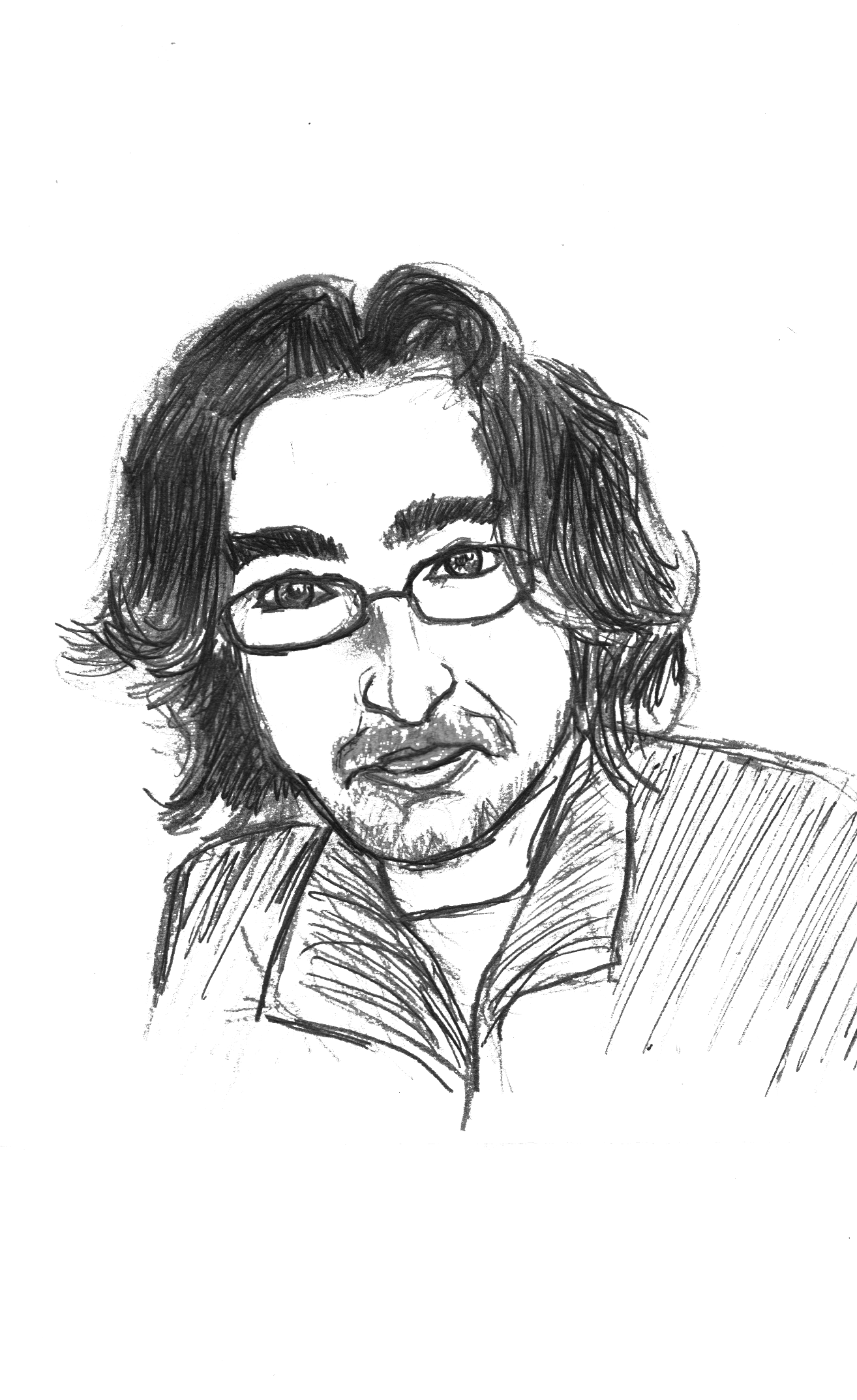 Mayor Bloomberg’s recent decision to ban the sale of sugary drinks and sodas in certain New York City venues may seem to some an unjustified assault on individual freedom. Individuals should be able to make their own dietary decisions. Those in favor of such liberty have suggested instead that public health officials should institute “nudges” — interventions using the oddities of our psychological makeup to encourage healthy choices, which would achieve the same goal without directly limiting freedom of choice. For instance, food manufacturers could be required to use easily recognizable, traffic-light intuitive symbols — green for low, yellow for medium and red for high — to indicate how calorie-rich an item of processed food is. Public health campaigns could also encourage children to drink less sugary drinks and use playgrounds more often.
Mayor Bloomberg’s recent decision to ban the sale of sugary drinks and sodas in certain New York City venues may seem to some an unjustified assault on individual freedom. Individuals should be able to make their own dietary decisions. Those in favor of such liberty have suggested instead that public health officials should institute “nudges” — interventions using the oddities of our psychological makeup to encourage healthy choices, which would achieve the same goal without directly limiting freedom of choice. For instance, food manufacturers could be required to use easily recognizable, traffic-light intuitive symbols — green for low, yellow for medium and red for high — to indicate how calorie-rich an item of processed food is. Public health campaigns could also encourage children to drink less sugary drinks and use playgrounds more often.
The justification public health advocates offer for these nudges to protect and promote health seems intuitive enough. First, less restrictive policy alternatives are always preferable to more restrictive ones, and second, nudges merely level the playing field between the competing interests of private companies to increase food sales and those of the state to protect and promote public health
Although I think nudges have their place in public policy, their superiority to more forceful strategies does not withstand scrutiny.
The idea that the least restrictive policy alternative is always best is premised on the misguided view that all liberties matter equally and should be equally protected. But some liberties can be infringed upon without causing us to lose control over the broad shape of our lives — the main reason we want some liberties to be shielded from external interference in the first place. In addition, any public rule governing our choices has an impact on someone’s liberty or on their ability to fully exercise their liberties. For example, it seems to me that the liberty of parents whose children are exposed to unwanted commercial solicitation is undermined by their constant need to resist a system that is designed not to promote their kids’ long-term well-being but immediately satisfy their intense, short-term desires.
The leveling-the-playing-field argument is misleading for a different reason. It assumes a model of competing interests, which obscures the moral importance of enabling the state to discharge the obligations it owes to those whose interests and rights it is supposed to guarantee. Moreover, the state is not a player among other players engaged in a competition to influence individuals’ choices. Rather, the state establishes the rules governing the interactions between individuals, civil society and the private sector.
If some food ingredient or calorie level causes serious risk of long-term harm to population health, then why shouldn’t the democratic state limit it at the outset? If the increasing rate of obesity compromises kids’ present and future well-being, then why not regulate the availability of sugary drinks and advertisements that specifically target children? If fast food is one important contributor to obesity, then why let city councils accept donations by fast food chains to build playgrounds?
I am in favor of less tame and apologetic government interventionism. When it comes to public health issues like those I have indicated, the government should often do more than nudge people; it should set rules that support public health and that are compatible with liberties that really matter and refuse to budge in the face of the private sector.













